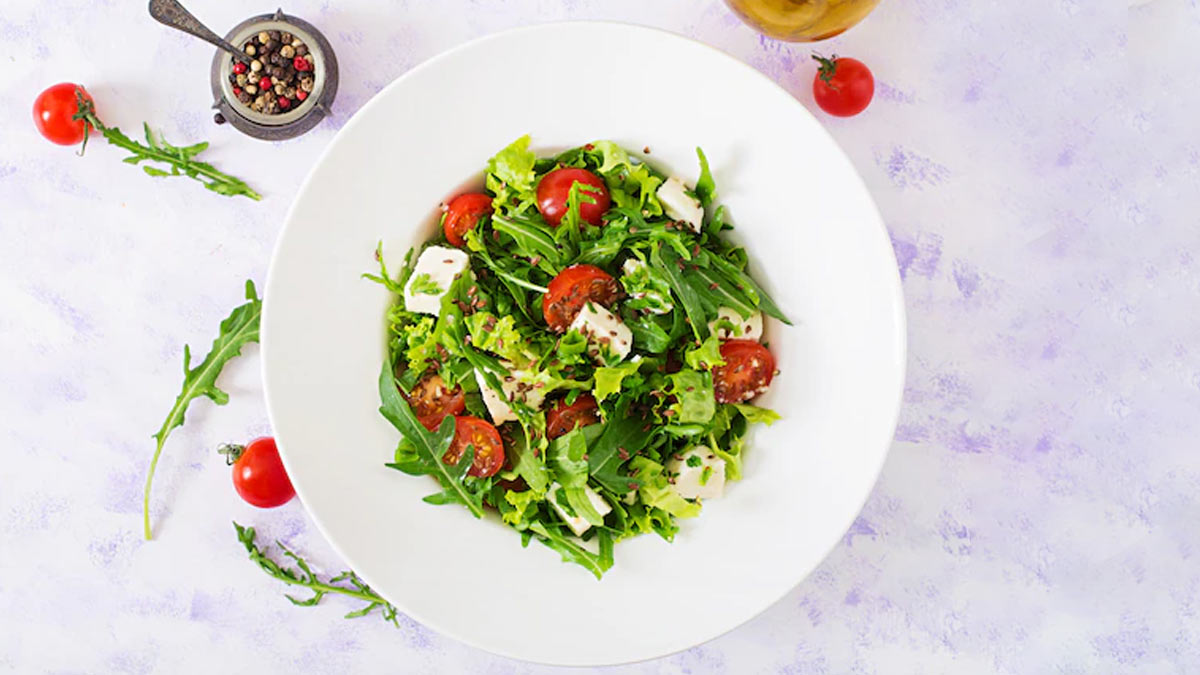
National Nutrition Week is a perfect time to dispel common misconceptions surrounding nutrition. In our quest for a healthy lifestyle, it's crucial to separate fact from fiction. Here are some myths about nutrition that you should not believe:
Skipping Meals Helps You Lose Weight
Skipping meals can slow down your metabolism and lead to overeating later in the day. It's essential to have regular, balanced meals and snacks to maintain a healthy weight.
All Fats Are Bad for You
Not all fats are created equal. Healthy fats, such as those found in avocados, nuts, and olive oil, are essential for overall health and should be included in your diet in moderation.
Carbs Make You Gain Weight
Carbohydrates are a vital energy source for your body. The key is to choose complex carbohydrates like whole grains, fruits, and vegetables while limiting simple carbs from sugary snacks and processed foods.

Also Read: 7 Effective Tips To Manage Period Anxiety
Detox Diets Cleanse Your Body
Your body has its own detoxification system through the liver and kidneys. Detox diets or cleanses are often unnecessary and may deprive your body of essential nutrients.
Eating Late at Night Causes Weight Gain
It's not about the time you eat, but the total number of calories consumed. If you're hungry at night, opt for a healthy snack like yoghurt or a piece of fruit rather than high-calorie, sugary foods.
Supplements Are Always Safe
While supplements can be beneficial when recommended by a healthcare professional, they should not replace a balanced diet. Some supplements can interact with medications or cause adverse effects if taken in excess.
You Need to Eat Meat for Protein
Plant-based sources like beans, tofu, and lentils provide ample protein without the saturated fats found in some meats. A balanced diet can include both animal and plant-based protein sources.

Also Read: 7 Effective Tips To Manage Period Anxiety
Gluten-Free Is Healthier for Everyone
A gluten-free diet is essential for individuals with gluten-related disorders like celiac disease. However, for those without such conditions, gluten-free products can be less nutritious and higher in sugar and fat.
Fresh Produce Is Always Better Than Frozen or Canned
Frozen and canned fruits and vegetables can be just as nutritious as fresh ones, as they are often harvested and preserved at their peak ripeness. They are also more convenient and have a longer shelf life.
More Protein Is Always Better
Excessive protein intake can strain your kidneys and lead to other health issues. It's important to consume an appropriate amount of protein based on your age, gender, and activity level.
As we observe National Nutrition Week, let's remember that making informed choices about our diet is key to maintaining good health. Don't be swayed by common myths; consult with a healthcare professional or registered dietitian for personalised nutrition advice.







